Is Germany considering military intervention in Syria?
Report suggests the nation would join US-led air strikes in the event of another chemical attack

A free daily email with the biggest news stories of the day – and the best features from TheWeek.com
You are now subscribed
Your newsletter sign-up was successful
Germany would consider a military deployment in Syria if another chemical weapons attack was carried out, according to Bild newspaper.
A report published yesterday said high-ranking officials from Germany and the US had met to discuss possible German involvement in the Washington-led air strikes on Syrian targets.
Earlier this year, the US, UK and France carried out a series of air strikes on suspected chemical weapons facilities in Syria after an alleged chlorine attack on the rebel-held town of Douma.
The Week
Escape your echo chamber. Get the facts behind the news, plus analysis from multiple perspectives.

Sign up for The Week's Free Newsletters
From our morning news briefing to a weekly Good News Newsletter, get the best of The Week delivered directly to your inbox.
From our morning news briefing to a weekly Good News Newsletter, get the best of The Week delivered directly to your inbox.
If the Bild report is confirmed, it “would be an about-face” for Chancellor Angela Merkel, who has previously ruled out military missions in the war-torn country, Deutsche Welle reports.
A government spokesperson said German officials were holding talks with their allies about the situation in Syria, but did not confirm that the defence ministry was considering the possibility of participating in future military strikes.
“We are in talks with our American and European partners about this situation,” Steffen Seibert said yesterday. There has not been a situation where a decision has had to be made.”
Overseas military action remains a “sensitive and deeply unpopular” topic in Germany, given its Nazi past, Reuters reports. Participation in any air strikes in Syria “would also put Germany on a collision course with Russia, the main backer of President Bashar al-Assad,” it adds.
A free daily email with the biggest news stories of the day – and the best features from TheWeek.com
Andrea Nahles, the head of the SDP, which is in a grand coalition with Merkel’s CDU, said her party “would not approve Germany joining the war in Syria, neither in parliament nor in the government”.
Meanwhile in the US, Donald Trump’s national security adviser said that the US, Britain and France had agreed that another use of chemical weapons by the Syrian government would result in a “much stronger response” compared to previous retaliation, The Guardian reports.
“We’ve tried to convey the message in recent days that if there’s a third use of chemical weapons, the response will be much stronger,” John Bolton said yesterday.
All this comes amid an ongoing bombardment by Russian and Syrian forces on the opposition-run enclave of Idlib, with the UN warning that situation could turn into the worst humanitarian disaster of the 21st century.
-
 6 of the world’s most accessible destinations
6 of the world’s most accessible destinationsThe Week Recommends Experience all of Berlin, Singapore and Sydney
-
 How the FCC’s ‘equal time’ rule works
How the FCC’s ‘equal time’ rule worksIn the Spotlight The law is at the heart of the Colbert-CBS conflict
-
 What is the endgame in the DHS shutdown?
What is the endgame in the DHS shutdown?Today’s Big Question Democrats want to rein in ICE’s immigration crackdown
-
 Is conscription the answer to Europe’s security woes?
Is conscription the answer to Europe’s security woes?Today's Big Question How best to boost troop numbers to deal with Russian threat is ‘prompting fierce and soul-searching debates’
-
 The deadly attacks on Syrian truffle hunters
The deadly attacks on Syrian truffle huntersfeature Islamic State suspected of targeting Syrians risking their lives to secure much-needed income
-
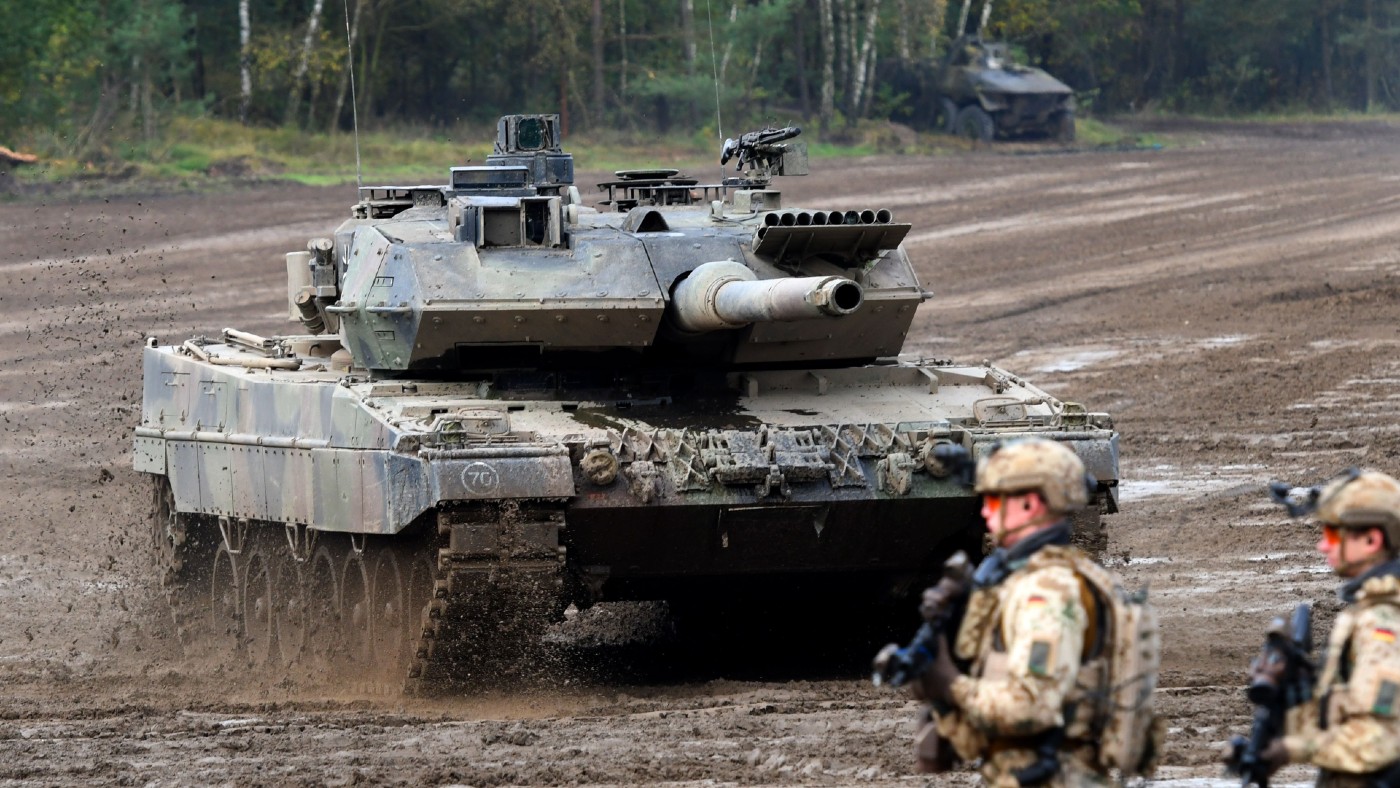 How the Ukraine war exposed cracks in Western defence
How the Ukraine war exposed cracks in Western defencefeature Germany to send tanks to Ukraine but experts say failure to act sooner reveals divisions in the West’s coalition
-
 The growing Ukraine refugee crisis
The growing Ukraine refugee crisisfeature Some EU countries ‘close to breaking point’ after influx of over seven million people since war began
-
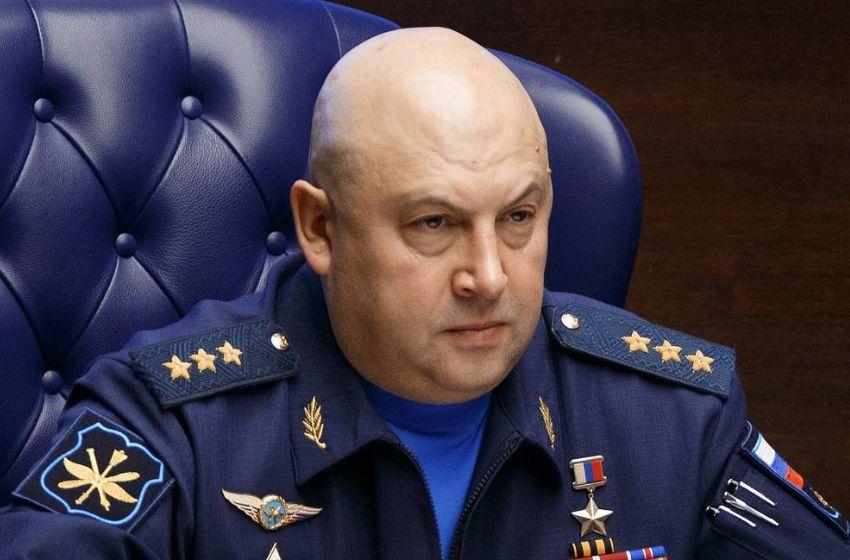 Does Syria offer warnings for Russia’s Ukraine escalation?
Does Syria offer warnings for Russia’s Ukraine escalation?Today's Big Question Pundits say Putin’s appointment of new commander signals switch back to ‘bloody, destructive playbook’ from Syrian civil war
-
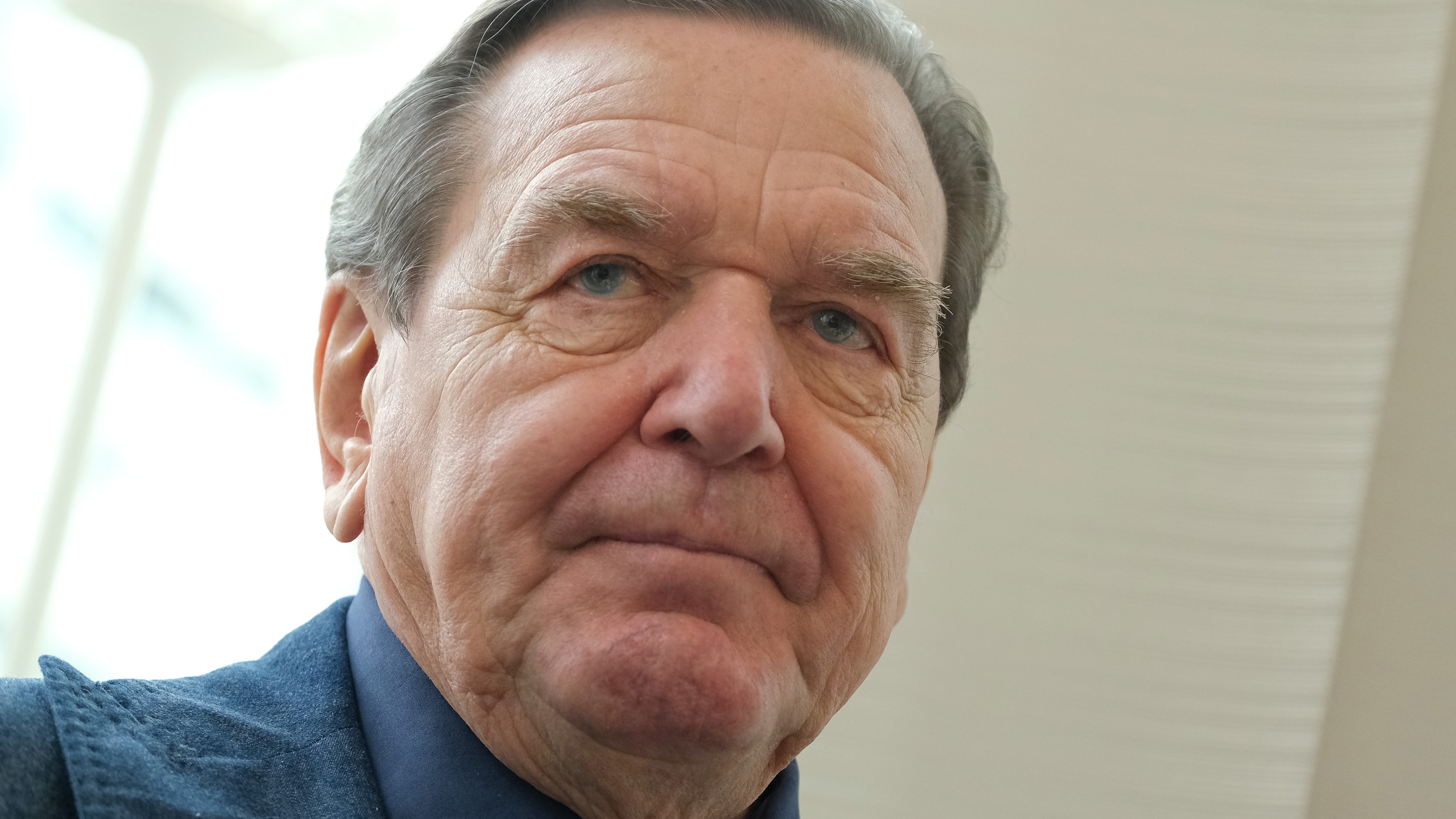 Gerhard Schröder: the ex-German chancellor turned Vladimir Putin’s man
Gerhard Schröder: the ex-German chancellor turned Vladimir Putin’s manIn the Spotlight Former leader refuses to quit roles with Russian energy companies
-
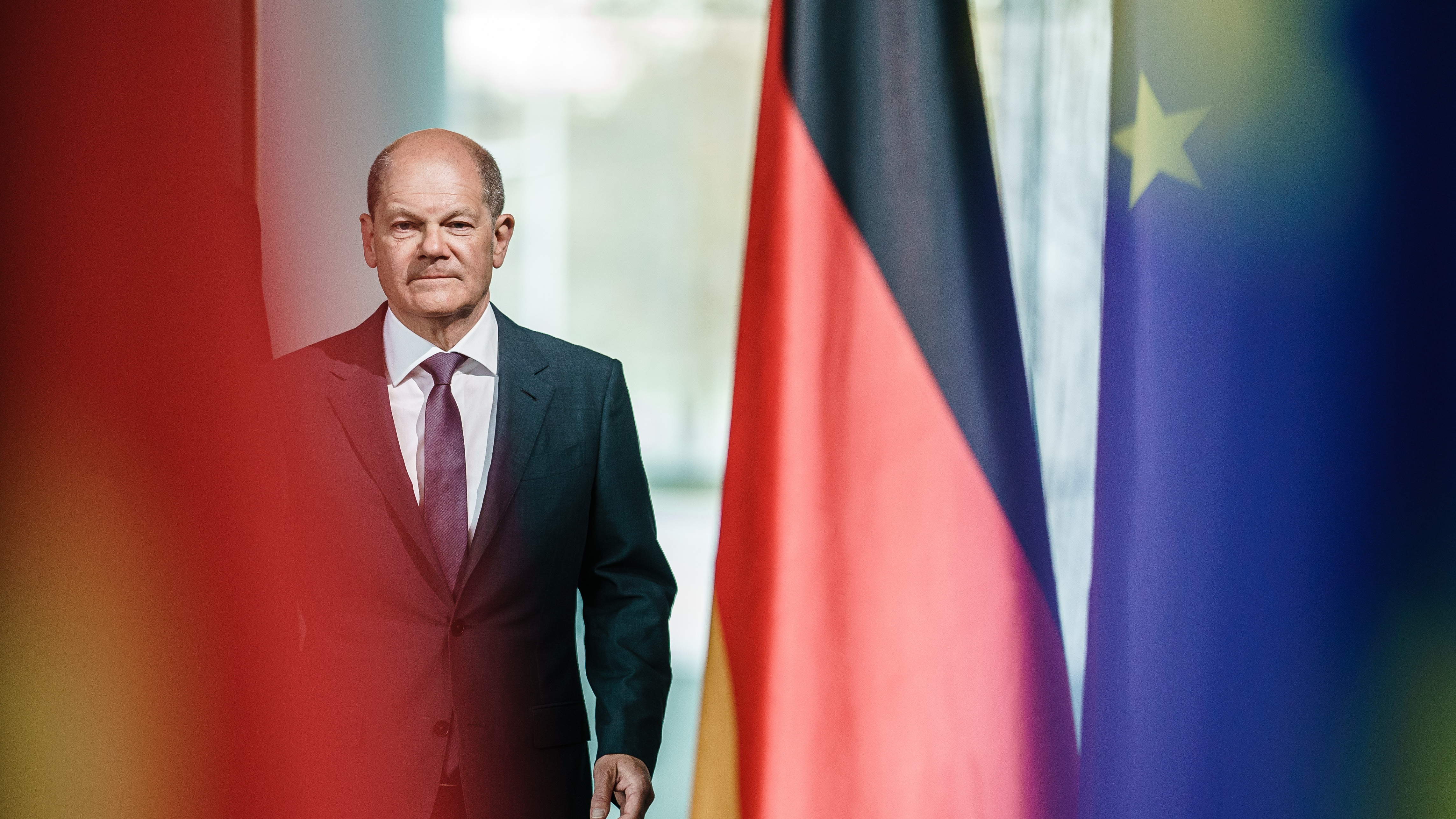 ‘Zeitenwende’: where does Germany now stand on Ukraine war?
‘Zeitenwende’: where does Germany now stand on Ukraine war?In Depth Berlin again isolated as West sends heavy arms to defend Donbas
-
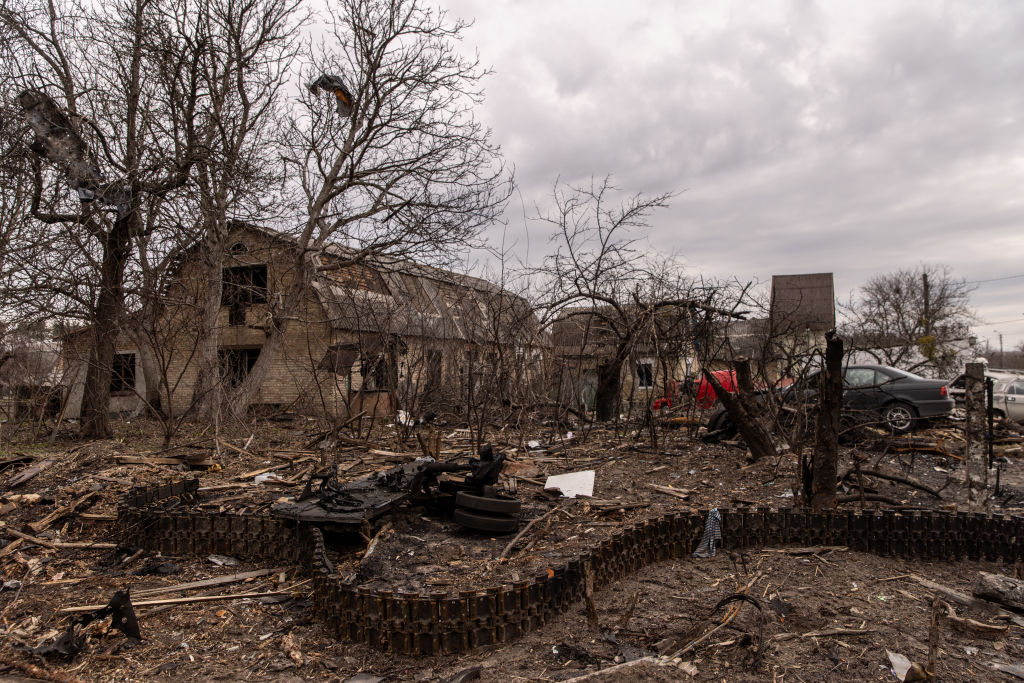 Germany intercepts Russian radio comms in which soldiers discuss Ukraine killings
Germany intercepts Russian radio comms in which soldiers discuss Ukraine killingsSpeed Read